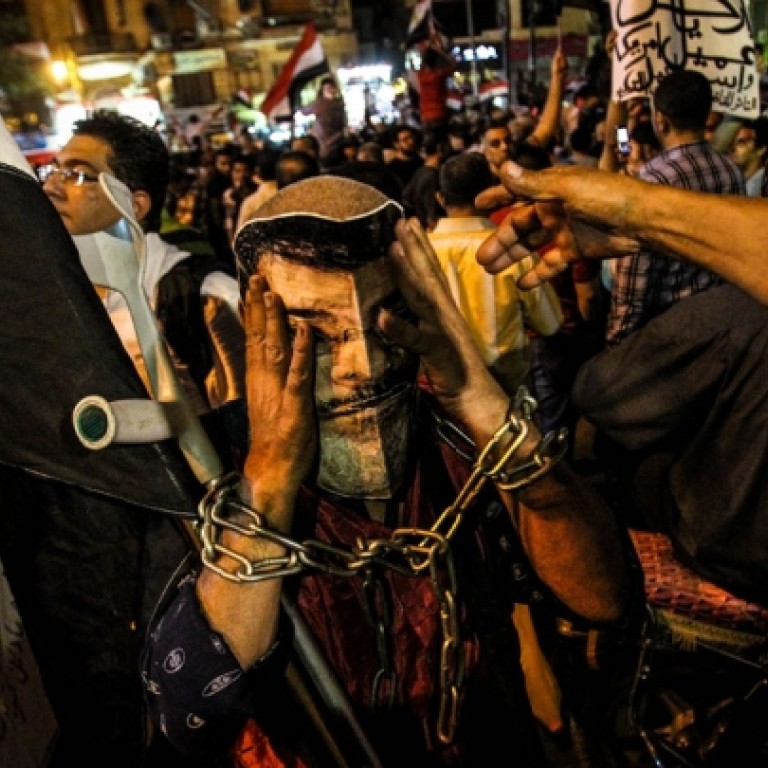
Are our perceptions of protests tainted?
Mass protests by opponents of the government choke the capital. Protesters claim the elected leader is destroying the social fabric of the country and want him to step down immediately, although his elected term is not over. The government refuses to concede to their demands and claims it has the majority's backing, resulting in a stalemate.
Mass protests by opponents of the government choke the capital. Protesters claim the elected leader is destroying the social fabric of the country and want him to step down immediately, although his elected term is not over. The government refuses to concede to their demands and claims it has the majority's backing, resulting in a stalemate.
Soon the army, which had historically played a major role in running the country, eases the government out. Western nations skirt around the issue of a military coup and call for calm.
You say the army's action was justified as it backed the "popular sentiments against rising Islamic fundamentalism". But hold on for a second. The events recounted above were what happened not too long ago in Thailand, a Buddhist country.
So far, everything that happened in Bangkok in 2006 has been repeated in Cairo. If events in Egypt follow the Thai template, then the interim government will disqualify most of the previous government leaders on some pretext before the next election. But still the fragmented opposition will find it difficult to offer a viable alternative.
So if you go by the lessons from Thailand, more protests and violence are in store for Egypt.
The only difference in the two scenarios so far is the general approach of the world media in covering the events.
When Thaksin Shinawatra was ousted by the army, the general tone of the media was one of criticism of rising right-wing forces. Village-based "red shirt" voters who backed Thaksin were seen as victims being cheated by the urban Bangkok middle class and the army. But the ousting of Mohammed Mursi, under similar conditions, has not evoked similar responses in the world media. The "popular sentiments" of the protesters seem to sway them.
There are two other countries which are seeing similar protests against the government, Brazil and Turkey. The military in both also previously held power. If the militaries step in to oust their elected governments, will the world react the same way on both occasions?
Or do we have a different measure when it comes to countries which are governed by Islamic parties?

